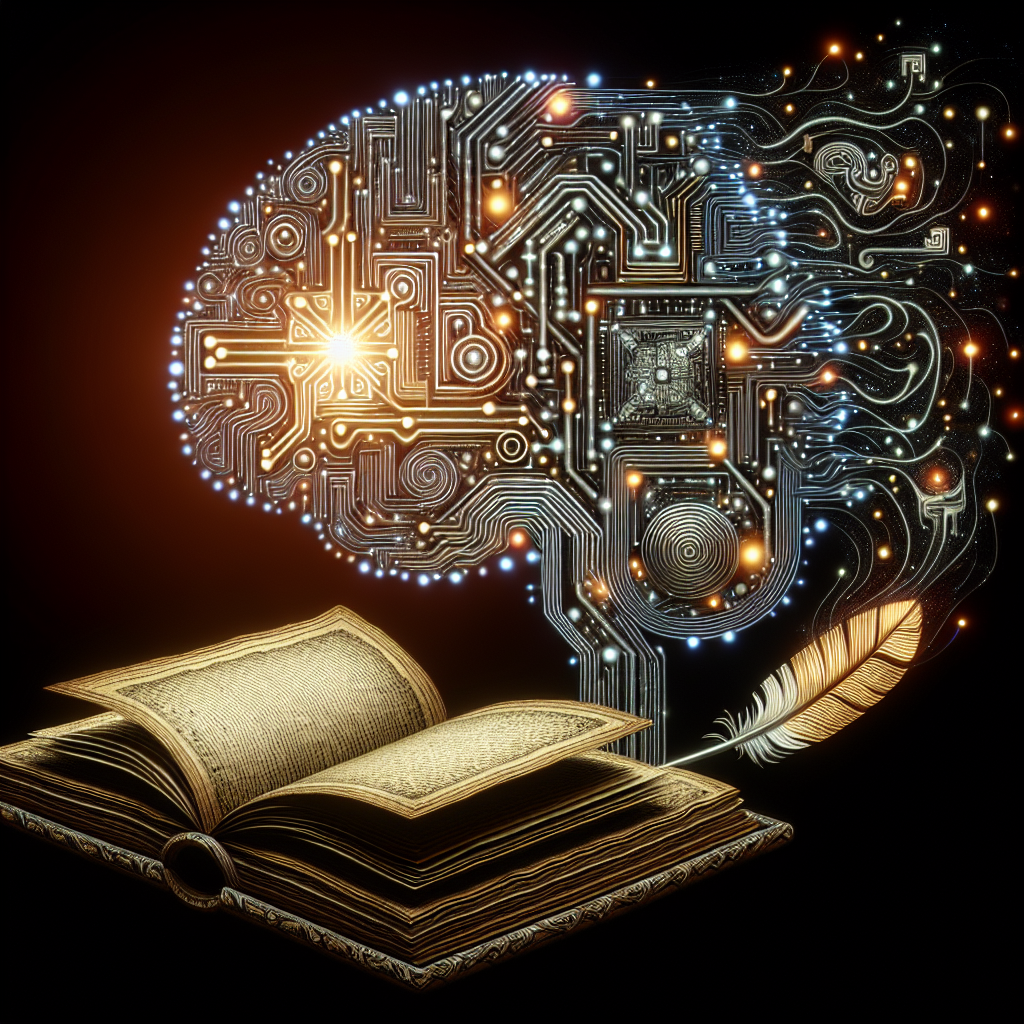Your cart is currently empty!
The Impact of Generative AI on Storytelling: Reshaping Narrative Structures

Generative AI, also known as artificial intelligence, has been making waves in various industries, including storytelling. This cutting-edge technology is reshaping the way stories are created and consumed, offering new possibilities and challenges for creators and audiences alike.
One of the most significant impacts of generative AI on storytelling is its ability to generate vast amounts of content at a rapid pace. This means that writers and creators can now produce more stories in a shorter amount of time, leading to a proliferation of content across various platforms. This has the potential to democratize storytelling, allowing more voices and perspectives to be heard in the creative landscape.
Furthermore, generative AI is also challenging traditional narrative structures by offering new ways of storytelling. With AI algorithms capable of analyzing vast amounts of data and predicting trends, creators can now experiment with different narrative forms and structures, pushing the boundaries of storytelling beyond conventional norms. This has led to the emergence of interactive and immersive storytelling experiences, where audiences can actively participate in shaping the story’s outcome.
Moreover, generative AI is also influencing the way stories are personalized and tailored to individual preferences. By analyzing user data and behavior, AI algorithms can recommend content that is relevant and engaging to each individual, creating a more personalized storytelling experience. This has the potential to deepen audience engagement and foster a stronger connection between creators and their audience.
However, the rise of generative AI in storytelling also raises ethical concerns regarding the ownership and control of stories. As AI algorithms become more sophisticated in generating content, there is a risk that human creators may lose control over their own narratives, leading to issues of plagiarism and copyright infringement. Additionally, there are concerns about the potential biases and stereotypes that may be perpetuated by AI-generated content, as algorithms may inadvertently reproduce harmful narratives and tropes.
In conclusion, generative AI is reshaping storytelling in profound ways, offering new opportunities for creators to experiment with narrative forms and engage with audiences in innovative ways. However, as this technology continues to evolve, it is essential for creators and audiences to remain vigilant about the ethical implications and challenges that come with the integration of AI in storytelling. By navigating these challenges thoughtfully and ethically, generative AI has the potential to enrich and diversify the storytelling landscape for years to come.

Leave a Reply